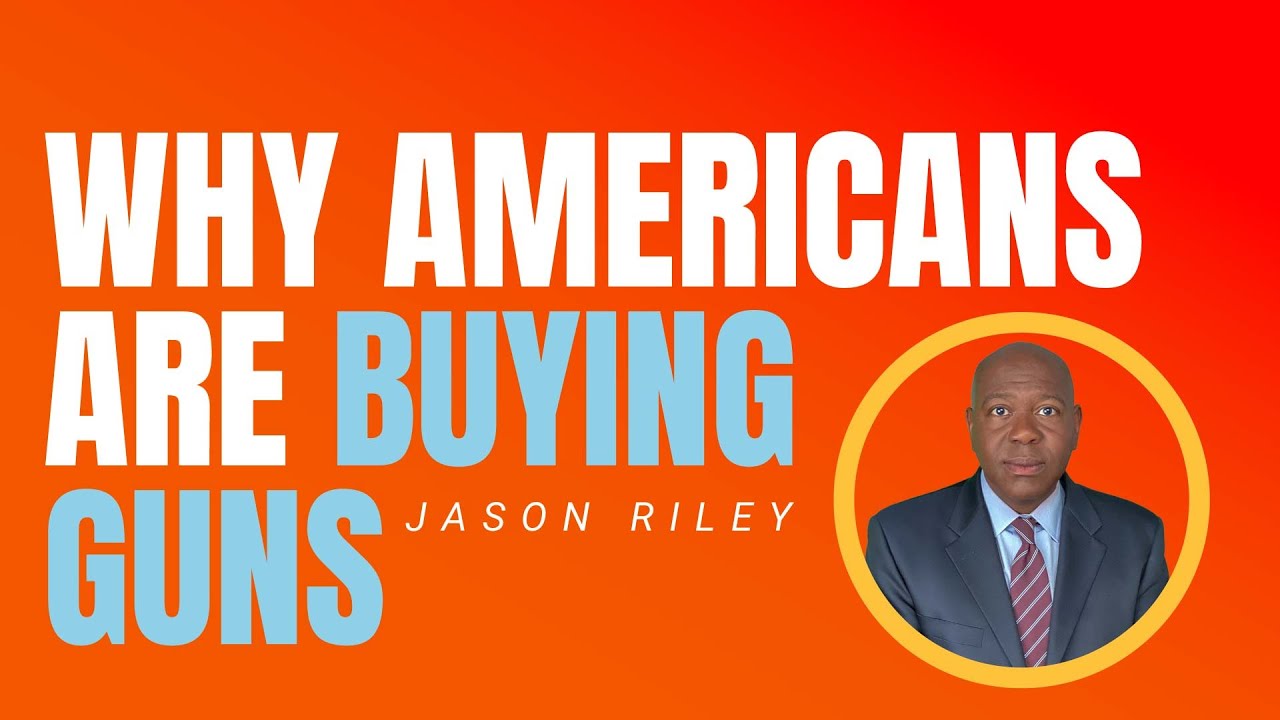In the aftermath of every mass shooting, we hear calls for “commonsense gun control.” But how do you determine which gun laws are commonsense? Jason Riley, senior fellow at the Manhattan Institute, explores this loaded question.
Script: “The issue we face is one of conscience and common sense.” So said President Joe Biden in a prime-time plea for more Second Amendment restrictions. The president is right on both counts—just not in the way that he and other gun-control enthusiasts imagine. Many Americans have noticed that cities where shootings occur almost daily also have some of the strictest gun laws. Using common sense, they’ve concluded that more gun-control legislation isn’t the solution because criminals, by definition, don’t respect laws. Many of the same people find it unconscionable that politicians would make it more difficult for law-abiding residents to arm themselves for protection. Many of these law-abiding citizens happen to be black. It’s worth noting that the past two landmark Supreme Court rulings on gun control were brought by black plaintiffs who simply wanted to defend their homes and their families. Moreover, they hailed from cities controlled by Progressives who have done a poor job of protecting low-income minorities from criminals. In a 2008 case, District of Columbia v. Heller, the court affirmed that the Second Amendment right to bear arms is an individual right and that you don’t need to be part of a militia to exercise it. One of the initial plaintiffs was Shelly Parker, a black computer-software designer who decided to challenge the district’s handgun ban in court after a neighborhood drug dealer tried to break into her home one evening and threatened to kill her. “What I want is simply to be able to own a handgun in my home, in the confines of the walls of my home—nothing else,” she told National Public Radio. Two years later, in McDonald v. Chicago, the high court expanded on the Heller case. The lead plaintiff was Otis McDonald, a black Chicago retiree who wanted to own a handgun for protection from the gangs that terrorized his low-income neighborhood. It’s well known that gun sales have surged in recent years, but less well known is that blacks have led the trend. Retailers in a survey conducted by the National Shooting Sports Foundation, a trade group, reported that they sold 58% more guns to black customers in the first half of 2020 than a year earlier, the highest increase for any racial or ethnic group. Personal safety tops the list of why people decide to buy a firearm. In a 2021 Gallup survey, 88% of respondents said they own a gun “for protection against crime,” which is up from 67% in 2005. Social conditions have convinced more Americans that they need a gun, yet progressive politicians have spent little time reassessing the policies that led to such thinking. Meanwhile, violent crime keeps rising. Homicides in major cities have reached levels not seen in three decades. But left-leaning policy makers treat criminals like victims and police officers like criminals. Anti-gun police units that help keep illegal weapons off the streets have been disbanded. Felonies have been downgraded to misdemeanors, and misdemeanors go unpunished, which only encourages the bad actors. Low-income minorities feel the brunt of these so-called reforms because they are most likely to be crime victims. The same “defund the police” progressives who have spent most of the past decade undermining efforts to combat crime are now using sensational but rare mass-shooting tragedies as an excuse to limit people’s ability to defend themselves. For the full script, visit: https://www.prageru.com/video/why-ame…
